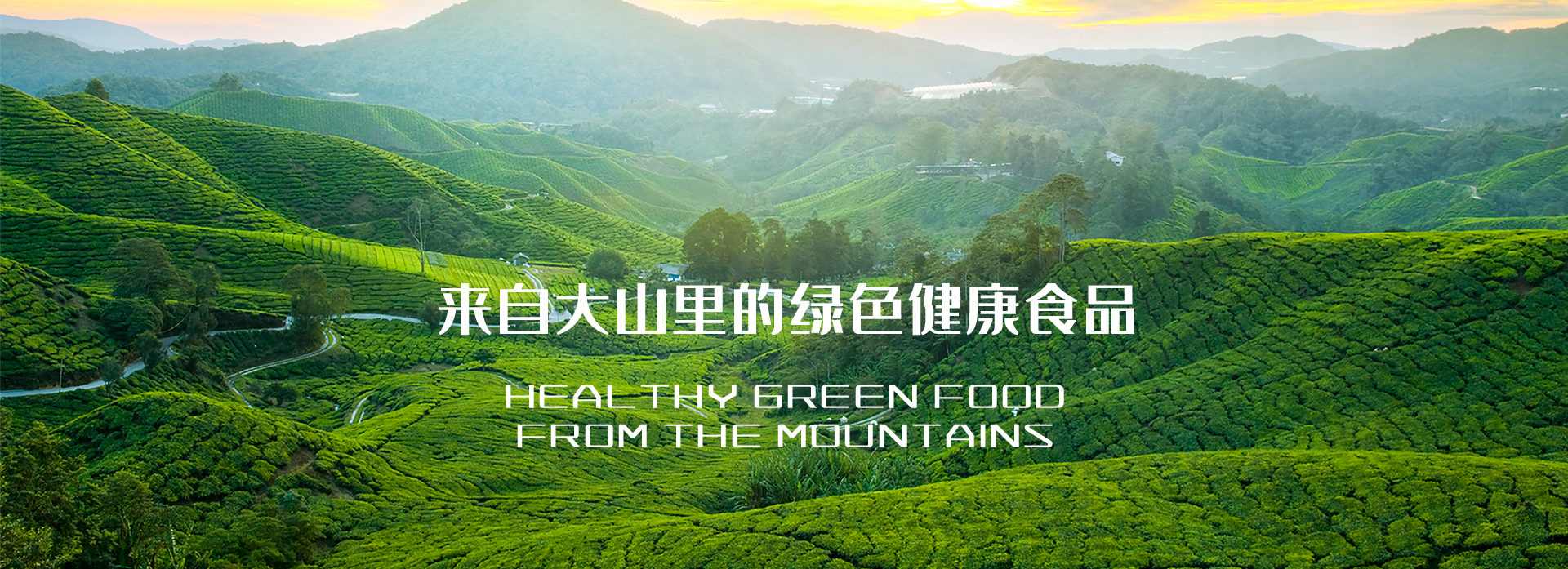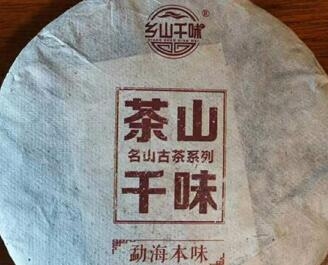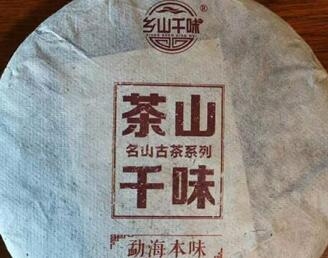Soft water vs. hard water
Among the above five points, we often hang on the topic of soft water and hard water, such as using iron kettles, silver kettles to boil water to soften water quality, etc., what is the difference between soft water and hard water?
We must first understand what is the hardness of water: simply understood as the degree of mineralization, the content of calcium and magnesium salts that can be dissolved in water. The unit of hardness is ppm, which refers to some dissolved substances contained in water, professionally called salts, and some are called minerals. China's drinking water ppm value requirements are within 50, and the World Health Organization requires within 30. 1ppm means that the calcium carbonate content in the water is 1 mg/l, the larger the value, the higher the hardness.
Hard water: More than 8 mg of calcium and magnesium ions per liter of water.
Soft water: Contains less than 8 mg of calcium and magnesium ions per liter of water.
Temporary hard water: Softened hard water can be obtained by boiling. The main components are calcium bicarbonate and magnesium bicarbonate, after high temperature boiling, it will immediately decompose and precipitate, so that hard water becomes soft water, so it is called temporary hard water, in actual life, most of the water we use to make tea is temporary hard water.
Generally, if the water hardness is 0-4 degrees, it is called very soft water, 4-8 degrees is called soft water, 8-16 degrees is called medium hard water, 16-30 degrees is called hard water, more than 30 degrees is called very hard water, and the tap water at home is generally 100-200ppm, which also explains from the side why tap water at home is not suitable for making tea. Soapy water can be used in life to distinguish soft and hard water. Add soapy water to the measured water and stir, more foam and less scum is soft water, and vice versa.
Depending on the content of calcium and magnesium salts contained in water, the taste of water will also be different. For example, water with high hardness is difficult to drink, even bitter, and it is also a waste for tea.
When brewing tea, the hardness of water is very closely related to the quality of tea soup, and when brewing tea with hard water, the solubility of the active ingredients of tea will be reduced, resulting in light tea taste, muddy tea soup, poor transparency, and unpleasant tea taste. Brewing tea with soft water can improve the dissolution of the substances contained in the tea, and the soup color is clear and translucent, and the color, aroma and taste are good.
In general, we have more hard water in the north and more soft water in the south. Soft water in nature is rain and snow; Temporary hard water includes mountain spring water, river water, and well water; The pure water we usually drink is soft water, and mineral water is temporary hard water.









